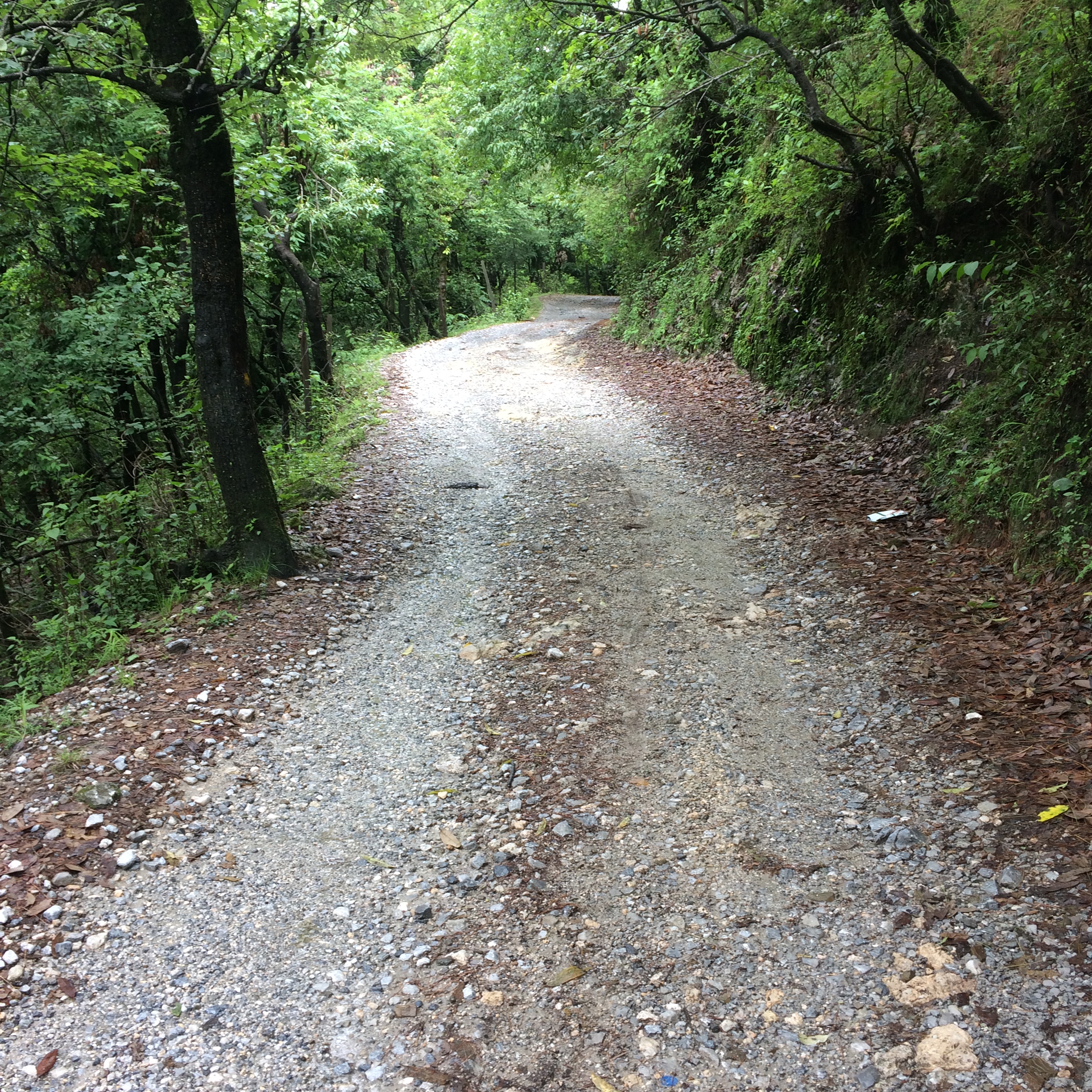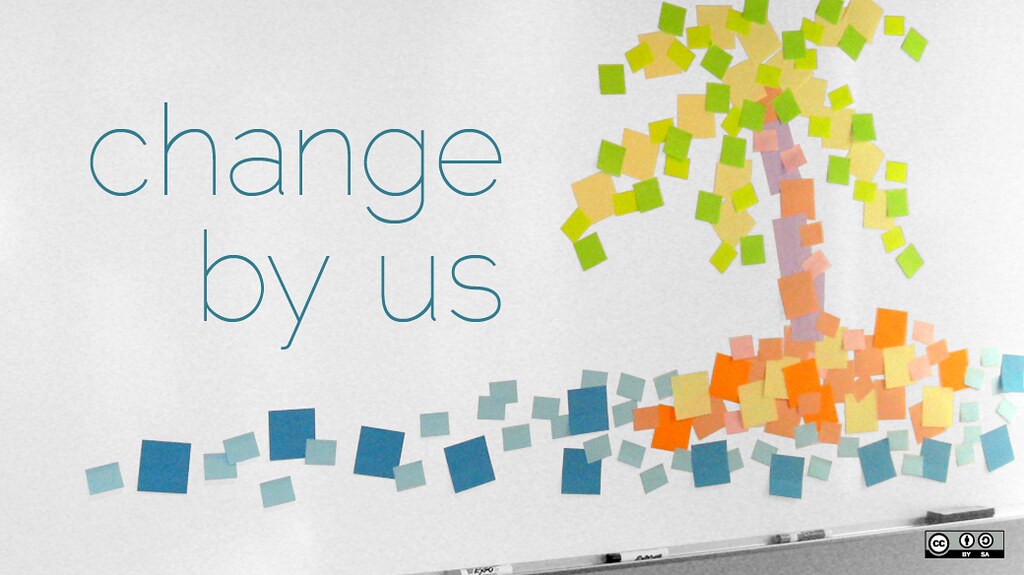A discussion is on in the SuSanA (Sustainability Sanitation Alliance) regarding nature and utility of case studies for sanitation. The subject assumes importance in the context of establishment of RALUs ( Rapid Action Learning Units) in rural sanitation sector – although they are in the nascent stage and need much strengthening. Another relevant background is establishment of a Knowledge Management portal ‘Swachha Sangraha’ by the Ministry of Drinking Water and Sanitation – www.swachhsangraha.in – wherein States/districts now have a facility to upload their good practices (as a video, document, ppt).
Our views/comments are shaped by our beliefs. Research is a domain of extracting information least adulterated by beliefs.
Since sanitation is a lot about engaging leaders and getting them interested in the subject, an attribute of a good case study is that it should be inspiring. I should see it and feel – ‘wow! it is possible. He/she has done it, and therefore, i too can do it.’ Given the numerous challenges in the sanitation sector, hope is refreshing.
A case study outlining a structural change with wider ramifictions is another ‘replicable’ good study. Shift of programme from the PHED ( Public Health Engineering Department) to RDD/PR ( Rural Development Department/ Panchayati Raj Department) is a case in point. The shift signifies a perspective change in looking at sanitation as an issue to be sorted out with people’s engagement, rather than as an engineering/ contractor driven largesse.
So what is a best practice/ case study. Any study that captures a principle leading to achievement of desirable and sustainable outcomes at scale in a short period of time. Capturing of principle may be more important than capturing a practice. In a district, the administration does ODF Olympics – group sports events in which only open defecation free villages can participate ; the sports events are deliberately conducted in villages that are non ODF : to make them jealous; by not allowing them to participate. In the instant case, the practice is conduct of sports event. But what are the underlying principle(s) ? The underlying principles include
*leadership and initiative by a champion
*fostering collective spirit – only group sports were chosen to further gel the ODF community and enhance their team spirit required for sustainabilty.
*positive discrimination and enhancing competition, by disallowing non-ODF villages from participating
*flexibility to the district to take decisions
*productive engagement of village-level motivators in people engagement activities (and not bureaucratic work alone!)
Another case in point could be conduct of Nirmal Utsavs by a district : events in ODF villages, where all the government departments converge to sort out issues of that village on priority. Here too, the practice is a mere conduct of event, the principle, in addition to the principles enlisted above, is positive incentivisation of ODF villages.
Mere conduct of these events, unaccompanied by the principles underlying the conduct of this practice, may not lead to adequate results. As a corollary, a case study that captures and evaluates principles arising out of a practice is a good case study.
Principles should be disseminated, practices can be innovated.
In addition to disseminating good principles, principles that have not yielded results may also be understood and disseminated so that they are avoided. A case in point could be ‘construction of toilets without people’s engagement’.
The phrase ‘In India, many pilots have been successful, but few are replicated’ has to be qualified by the practice-principle framework. Principles are almost like natural truths – Sun rises in the East – and not likely to be incorrect. If the case studies however, fail to capture, reiterate and emphasise them, and focus only on the practices, which are nothing but mere examples of a good principle, the point in the case study may be missed.
Needless to say, replicability, dissemination and understanding of principles will also depend on mode of delivery of a case study. A case study, unless discussed, is dead.
Last but not the least, the effectiveness of a case study will depend on who is discussing this case study. The ones most enviably placed to make Bharat Swachh are the officials in key positions – Collectors, CEO, Zilla Panchayats, Municipal Commissioners. The case studies must reach them. In real time. In other words, the system of independent evaluation and feedback should be institutionalised within the system. This – timely and actionable feedback to implementers – was aimed to be sought through the RALU and the Swachha Sangraha platform. Multiplicity of discussion forums may have some merits – it brings in more stakeholders : however, these may not have the desirable impact if crux of these discussions do not reach the implementers for quick action.



